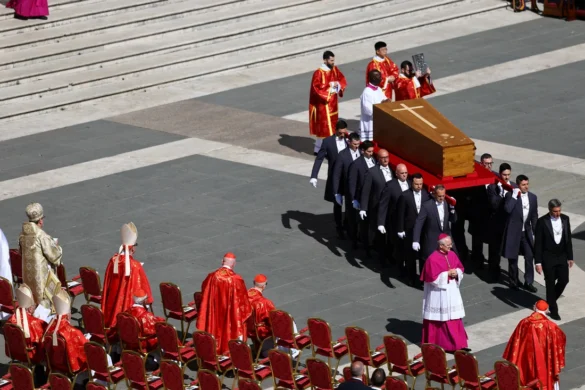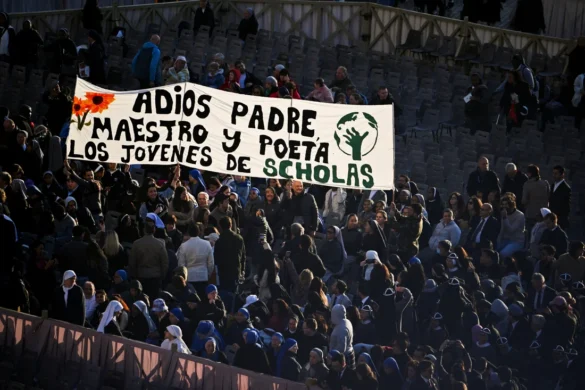 |
| A wall along the border between Turkey and Syria is seen near the southeastern village of Besarslan, in Hatay province |
Turkey aims to have fully secured its borders in the first half of next year, Defence Minister Fikri Isik said on Thursday, as Turkish-backed forces pursue a campaign to clear Islamic State and Kurdish fighters from a strip of northern Syria.
Nato member Turkey sent tanks, warplanes and artillery into Syria in August in support of mostly Arab and Turkmen rebels in a bid to drive Islamic State from a roughly 90km stretch of border territory and prevent Kurdish militia fighters seizing ground in their wake.
It has also sent military reinforcements to the border with northern Iraq, where the Kurdish militant PKK, which has fought a three-decade insurgency against the Turkish state, has bases.
“It is expected that the full security of our borders will be established in the first half of 2017,” Isik said in a presentation to parliament.
He said the next stage of Turkey’s Syria offensive, dubbed “Euphrates Shield”, was to push further south and “cleanse” areas including the city of al-Bab from Islamic State.
Al-Bab is of particular strategic importance to Turkey because Kurdish-dominated militias have also been pursuing a drive to seize it. Ankara is determined to prevent Kurdish forces from joining up cantons they control in northern Syria for fear it will stoke Kurdish separatism at home.
Kurdish-led forces in northern Syria have been backed by the United States in their fight against Islamic State, but Ankara views the Syrian Kurdish YPG militia as a hostile group tied to the Kurdish militants who have fought Turkey for three decades.
Turkish President Tayyip Erdogan said on Wednesday the Turkish-backed rebels were just 2 km from al-Bab, but a US military spokesman said the US-led coalition was not providing support for the operation.
Turkey’s incursion into Syria came as it stepped up operations against the PKK in its own south-east and weeks after a failed coup, sparking concern among allies that its armed forces – the second-largest in Nato – might be overstretched.
Isik said more than 20,000 people had been removed from the armed forces and its academies in the wake of the July 15 coup attempt, including 16,423 students and 3,665 military personnel.
The armed forces would recruit more than 30,000 new personnel, some of them students, over the next four years to replenish its ranks, Isik added, confirming comments from a defence ministry official on Wednesday.
More than 110,000 people have been sacked or suspended in the military, civil service, judiciary and elsewhere in a crackdown that followed the attempted coup.



